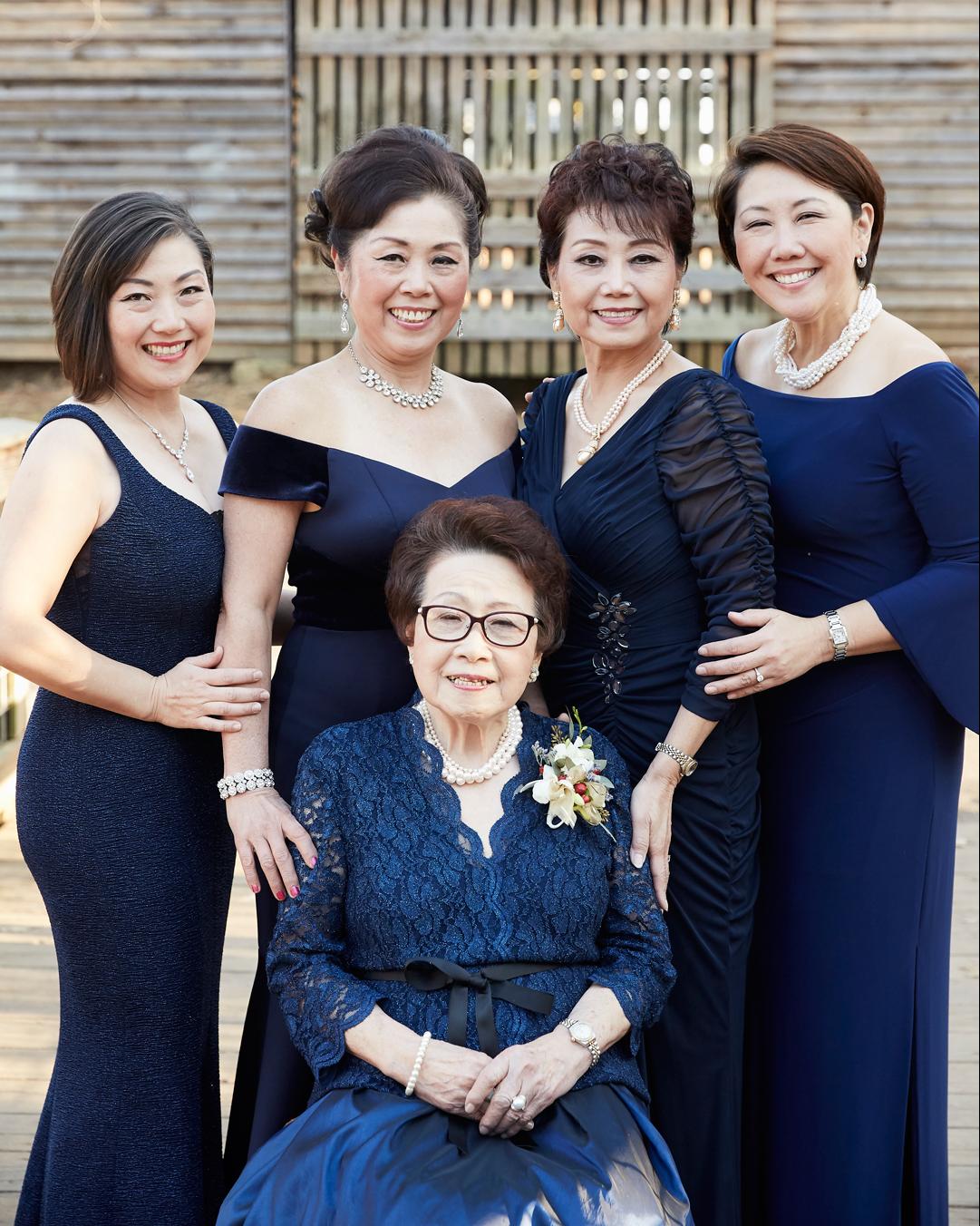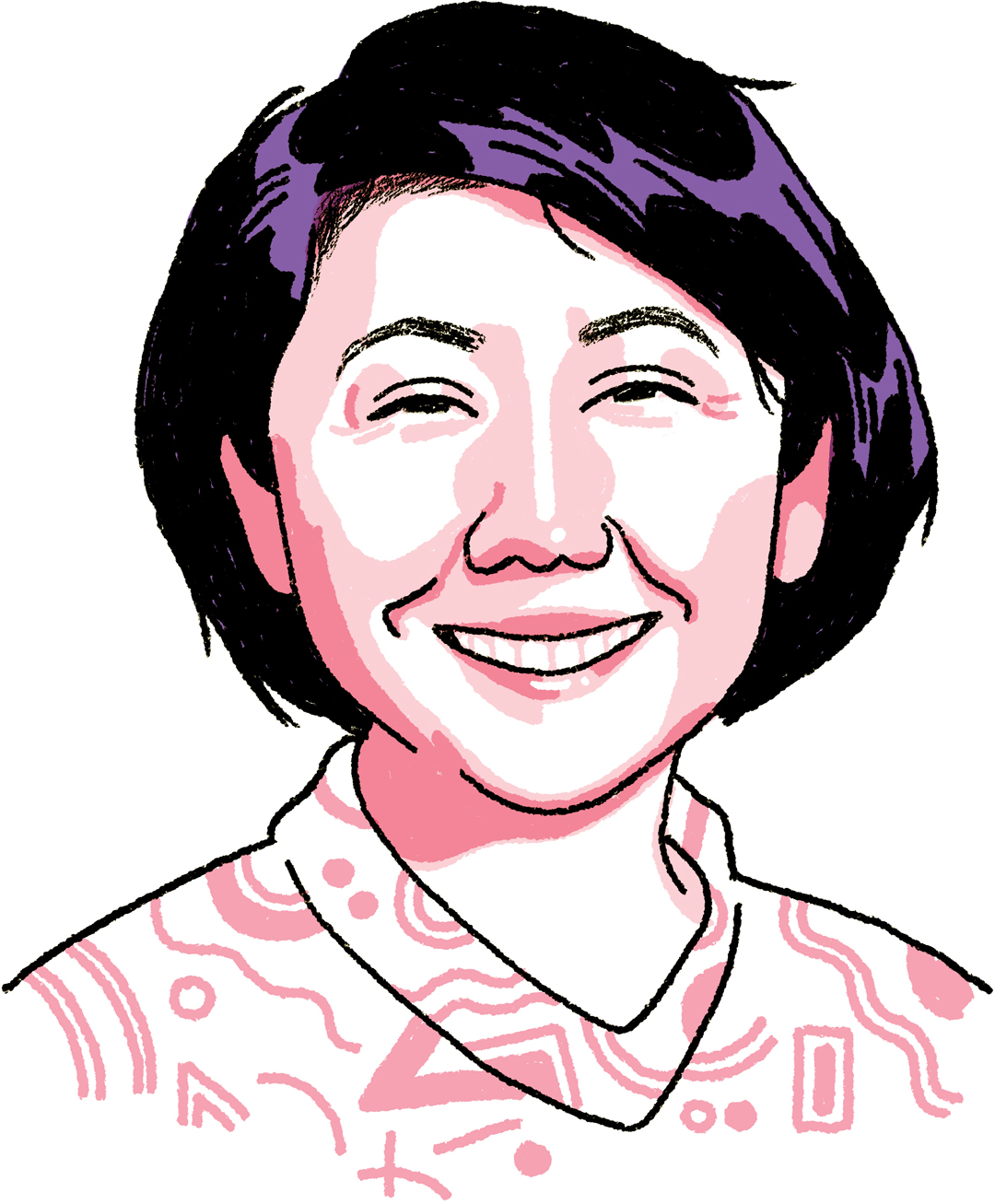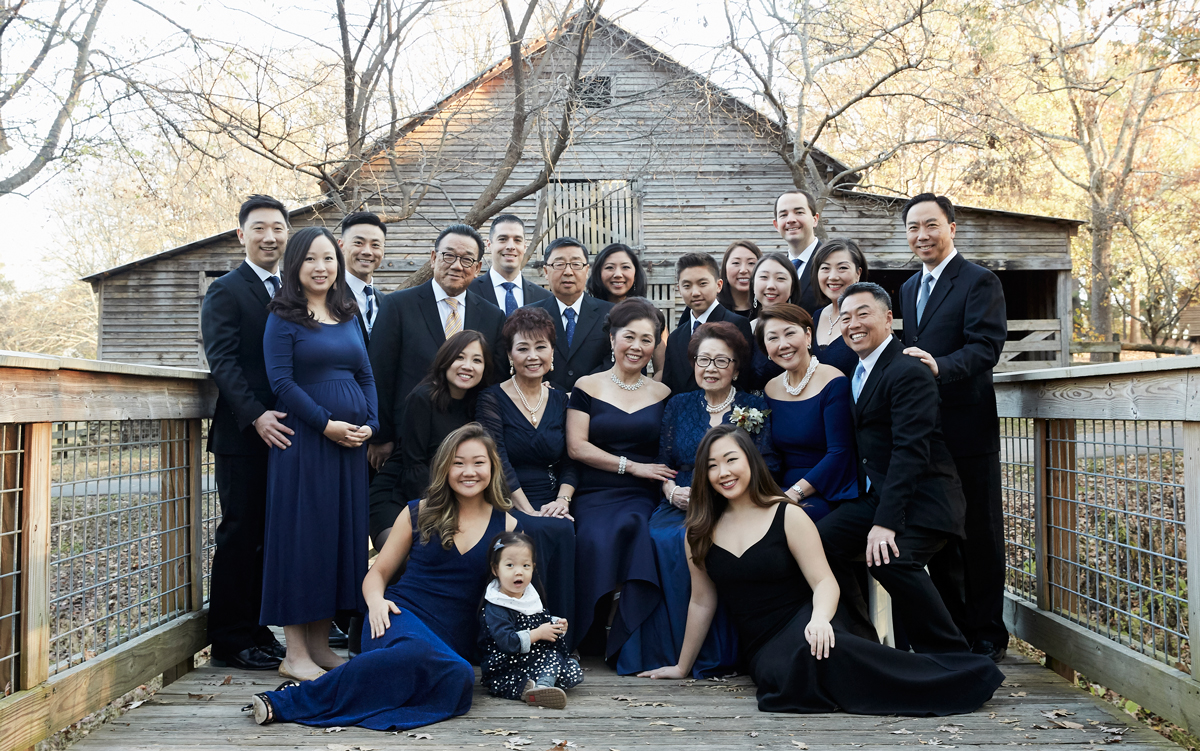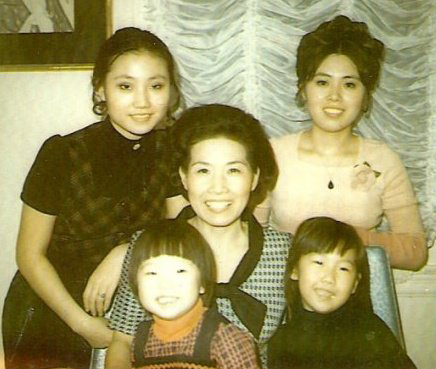TagsCivil RightsMartin Luther KingMartin Luther King Jr.racerace in Atlantaracism
Home I am American. I am Korean. I am always representing.
Let’s Talk About Race: 14 Atlantans on how far we’ve come—and how far we still have to go
I am American. I am Korean. I am always representing.

Photograph by Tin Can Photography
What most people don’t see when they spot my yellow face is that I am a product of the American South. I was born in Tennessee. I’ve lived in Alabama and North Carolina. And I’ve called Georgia home for most of my life. My father was a professor at various historically black colleges and universities. My older sisters were always the first or only or different at their high schools, invariably named for Confederate generals. We were part of the first churches serving Korean and biracial families. We ate KFC and kimchi. We were always at the intersection of cultures.
Then, there’s my foreign name: Soon Mee Kim. I reflexively start spelling it whenever I meet someone new. Some get confused, avoiding saying it altogether. Others lop off portions of my name with casual disregard. Kim, Soon, whatever. Even though double names are pretty common in the South—Mary Margaret, John Thomas, etc.— Soon Mee just doesn’t compute. Ironically, my name couldn’t be more American. Deconstructed, “Soon Mee Kim” means: Soon = true/pure/gentle; Mee = America/beauty; Kim = gold.
Put that all together, and my name means: True American. America the Beautiful. Pure Gold. Top that, America Ferrera.

Still, I’ve never felt fully “American,” simply because my American identity has always been in contrast to the dominant culture of whiteness. When we say, That girl is American, we’re indicating not just her nationality but also her race. But it’s not just how I see myself; it’s how I’m seen and how I’m labeled. My American-ness has always been qualified with a hyphen: Korean-American, Asian-American. Growing up, reciting the Pledge of Allegiance or singing along with the national anthem, I often felt the self-consciousness of an impostor.
Once, when my family took a road trip from North Carolina to Georgia, our car broke down on I-85, forcing us to stay overnight in a hotel. When we woke up, my mom instructed my younger sister and me to clean up the room and make the beds, leaving the room just as we’d found it. I was only 10 years old at the time, but I knew enough that hotels expected no such thing from their guests. My American-born curiosity won out over my Korean-raised obedience, and so I asked, “Why do we have to make our beds?” My mom’s response: “You can’t have others think badly about Koreans; you have to represent.”
Later, I experienced the worst thing that can happen to a teenager: We moved. As a Tar Heels fan, I was none too pleased to be moving to Atlanta, an inferior basketball city within the Atlantic Coast Conference. At Roswell High School, I was one of just a few people of color in my grade. Once again, my sister and I were first/only/different. With the self-consciousness that accompanies the teen years, I became acutely aware of my otherness and pangs of inferiority. “That cute boy I like will never like me back because I’m not white.” This became my second lesson in representing: Sometimes, it’s not a choice to represent others. Stereotypes represent me.

Photograph by Tin Can Photography courtesy of Soon Mee Kim
There’s a Korean word, pronounced noonchi, which basically means understanding of unspoken language. When you are “other,” when you don’t know the language or culture, noonchi is a must. You have to search faces, read rooms, detect nuance. Today, however, I don’t need noonchi to recognize the overt rejection of immigrant families like mine. I don’t need noonchi to see my own children experience hate crimes on their campuses or be judged, pursued, or overlooked for their skin color. The current political state has made it abundantly clear that the lessons my parents tried to teach me—the need to overcome biases—were not unfounded.
During the 2016 election, I was deeply offended by our current president’s mistreatment of Khizr and Ghazala Khan, parents of the fallen U.S. Army Captain Humayun Khan. As I tried to understand why I was so triggered, it finally hit me. Mr. Khan and his pocket Constitution represented my dad and his own love for this country.
“The work of Dr. King reminds me of the interrelatedness of all communities and states. We are all inextricably tied to one another.”
I realize now that, in many ways, I was inoculated from the ugly implications of racism by the history and heritage my parents instilled in me. I see now the importance of what they communicated in the way only people who have been oppressed can fully understand. My parents would tell me: “Kim means gold. Kim is the name of a great Korean king. You and your sisters are the fulfillment of the Korean version of the biblical Moses story. We persevered through the wilderness”—the Japanese occupation and the Korean war—“to arrive in the promised land of the U.S. Your success means our suffering was not in vain. You and future generations are the realization of our American Dream.”
Today, claiming my American identity is a willful act. I don’t need others to confer my American birthright upon me. My story is the American story. I gladly represent not just me and my fellow Koreans, but others who are underrepresented. I’m constantly aware of who is and is not at the executive table, who is leading worship, who is in a movie role, and who receives opportunities. I draw upon my American background to ask why things are the way they are, cognizant of who needs advocacy. My views of representing are no longer obligatory or narrow. They are questioning and searching.

Photograph by Yong Hyok Kim
I finally feel more fully American now. Not because things are better, but because they are not. I’ve learned there is not just one way to be American. The work of Dr. King reminds me of the interrelatedness of all communities and states. We are all inextricably tied to one another. And, where I can, I still need to represent.
Soon Mee Kim is executive vice president and global diversity and inclusion leader for Porter Novelli.









